On one more occasion, this time again a UN General Assembly speech, Turkish President Recep Tayyip Erdogan’s objectionable reference to Kashmir has received India’s condemnation. However, Erdogan has made the controversial reference in a different Islamic ummah than in the past. Or so it seems.
The facts are simple. During Operation Sindoor, to which Erdogan made a veiled reference in terms of a ‘ceasefire agreement’ between India and Pakistan, Islamabad did use Turkish drones. Yet, without loss of much time in diplomatic terms, Pakistan signed a bilateral defence cooperation agreement with Saudi Arabia, whose prime place in the ummah Ankara and Erdogan have been coveting.
The Pakistan-Saudi pact says that they would mutually treat any aggression on one of them and would treat it as an aggression on the other, too. Primarily, it can impact India-Saudi relations, especially if India is involved in a military engagement with Pakistan, and the latter terms it as ‘aggression’.
It is political as far as Saudi Arabia and the rest of them all are concerned, as the reference may also be about Riyadh & Co crying wolf over a theoretical possibility of Israel attacking them, now or later. The same may be the case if Israel, in the context of the Pakistan-Saudi defence pact, anticipates an Israeli aerial attack.
For Islamabad to weave a tale of an Israeli-Indian collusion in the matter is a real possibility. That would be enough for Pakistan to raise hackles and remind Saudi Arabia about the current pact.
Impact Shorts
More ShortsInconceivable but true
This is only one side of a multi-faceted story that may have ‘external powers’ outside of the ummah, citing precisely the ummah as the reason for such involvement/intervention. Overnight, the bilateral defence pact, which implies the deployment of Pakistani nuclear weapons, too, for defending Saudi Arabia (against Israel?), may have already made Islamabad more acceptable to the Islamic ummah than the South Asian ‘outsider’ actually had been all these many years, post-Partition.
In turn, this has raised the stakes for Pakistan, which can now boast that they provide the ‘nuclear weapons cover’ for Saudi Arabia—and by extension most of the rest of them, even if not all of them. That is to say, the late Zulfikhar Ali Bhutto’s ‘dream’ (?) of Pakistan making and possessing an ‘Islamic bomb’ for the ummah as a whole.
But this has another angle to it, from within the ummah. The unspoken rising influence of Pakistan within the Islamic grouping, if not the Organisation of Islamic Cooperation per se. The politico-religious logic behind Saudi Arabia, unintentionally or otherwise, sharing its pride of place in the ummah by making Pakistan the guardian of the Gulf-Arab region’s security architecture is inconceivable but true.
Be it as it may, Turkey would now find itself in a tighter spot in the matter, as Pakistan, which still feeds on it for military weapons apart from China, is a silent challenger to its ummah-centric ambitions from within. Islamabad may be playing a dangerous game, first by courting Saudi Arabia in strategic matters and then by ‘challenging’ Saudi Arabia by providing them all the ‘nuclear umbrella’, which technically none of them possess.
That includes Turkey, which otherwise is an original weapons maker on other fronts. Yes, Iraq under Saddam Hussein and Iran for a long time have been aspiring and also working to become nuclear weapons powers, but Israel’s continuous targeting of their n-installations and periodic UN/International Atomic Energy Agency (IAEA) interventions continue to get in the way.
For the same reason, it is anybody’s guess if Tehran, too, is going to like the Pakistan-Saudi defence deal, as it underscores Islamabad’s pride of place within the ummah, thanks to its nuclear weapons capability. That Iran is a Shia-majority and Shia-controlled nation does not help, even after China’s Xi Jinping played cupid to make Tehran and Riyadh acceptable to each other two years back.
Dangerous game
Yes, the involvement of China in the larger region, now covering from Pakistan to Saudi Arabia and much of the rest of the Islamic world, thanks to Riyadh influencing the Islamic Council member nations to shake hands with Xi during his last visit, makes a difference. It is a dangerous game that Pakistan is playing – wooing the US back under President Donald Trump, who has overnight developed a distaste for India, for reasons best known to him, even while continuing to court China under an even more ambitious Xi.
Yes, Pakistan’s continuing economic crisis is making the nation dance to everyone’s tune(s). But it can go only so far, and not anymore. The twin incongruity of Islamabad’s relations with Saudi Arabia and Turkey, with Iran being left to watch, on the one hand, and its simultaneous balancing game with the US and China can get it caught in a cleft stick, if it has not done so already.
It is not only about how Islamabad manages this multipolar relationship. Instead, it is also about how it all can impact India and the nation’s immediate defence and medium/long-term geostrategic security and politics, not to overlook global economic dynamics.
The world is now in a greater flex than when Trump 2.0 commenced less than ten months ago. No one is talking about a unipolar, bipolar or even multipolar world. Instead, under their breath, each one is thinking, if not talking about, the world that Trump 2.0 would leave behind.
Closer to peace?
In the interim, you have the Ukraine War raging unabated, despite Trump’s own false starts about an impending peace and pact. He claims to have succeeded in bringing the Gulf-Arab region closer to peace, but not prosperity, through his 20-point plan involving Israeli Prime Minister Benjamin Netanyahu, which requires attestation by Hamas, but within ‘three or four days’.
The key element of Trump’s plan, which India has since attested to, as have many Arab nations, is that Israel still resists a two-state solution, which has since been acknowledged by all western hard-liners, barring the US. Will any or all of them stand by the US if it bombs Hamas’ bases or even Iran as its proxy parent? Remains the question.
That puts the Gulf region in a flux. Any acceptance from Hamas of the 20-point Trump plan without a two-state solution would leave the Gulf Arab masses unhappy with their own governments, and that can create the kind of socio-political commotion that they have been fearing in the medium and long terms, and which has been coming true, or closer to the truth, from time to time.
It is this flux that they fear is what is at the bottom of Saudi Arabia embracing Islamabad, so as not to continue to depend on the US, whose military bases in the country and across the region have proved to be just showpieces and nothing more, from their own street perspective. Yes, of course, the Saudi-Pakistan bilateral pact might have taken its time through secret negotiations, yes, but the Israeli bombing of Qatar, where the Hamas leadership was housed, may have sent out a strong signal—about the uselessness or otherwise of the American base there.
And it is saying a lot in terms of the dynamics of evolving geopolitics within the ummah and its influence on external factors and players. And India can only keep watching across the region for slight moves that may have consequences for the future, near and far.
N Sathiya Moorthy, veteran journalist and author, is a Chennai-based policy analyst & political commentator. The views expressed in the above piece are personal and solely those of the author. They do not necessarily reflect Firstpost’s views.


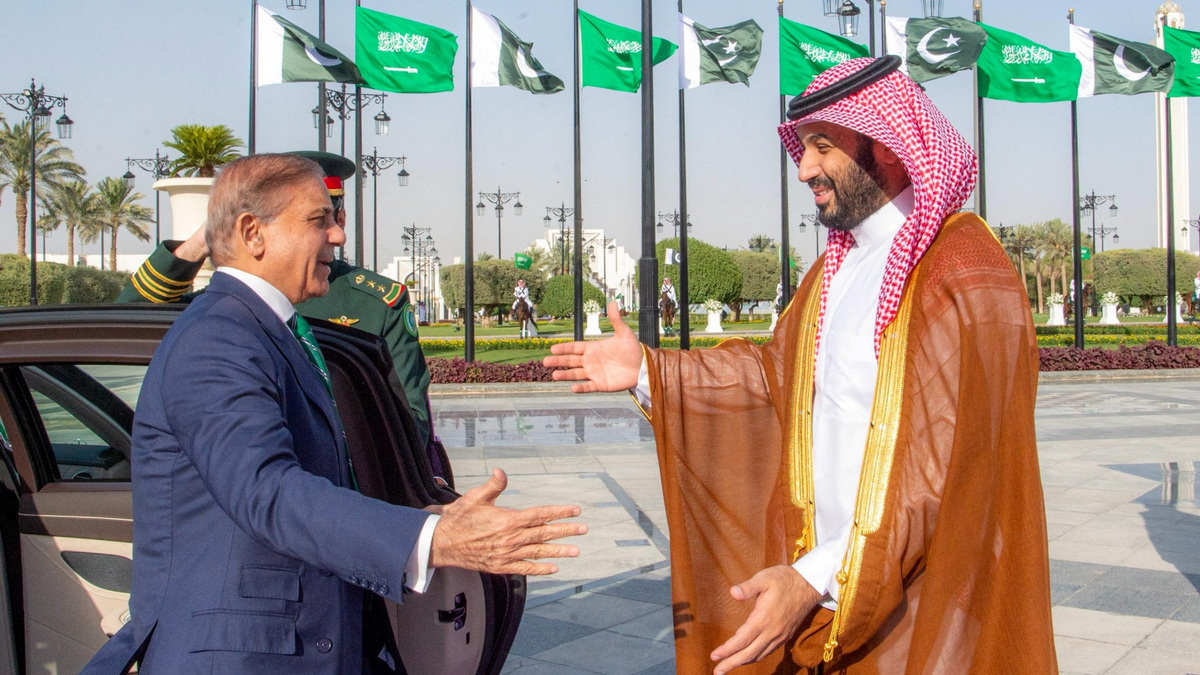)
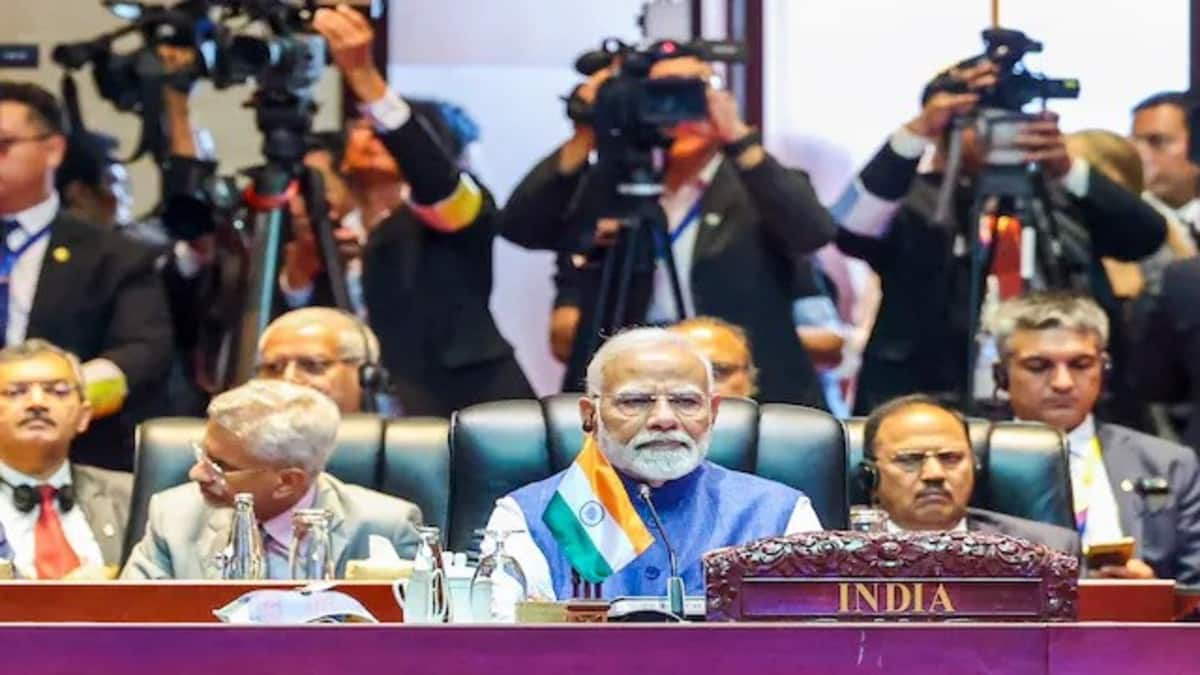
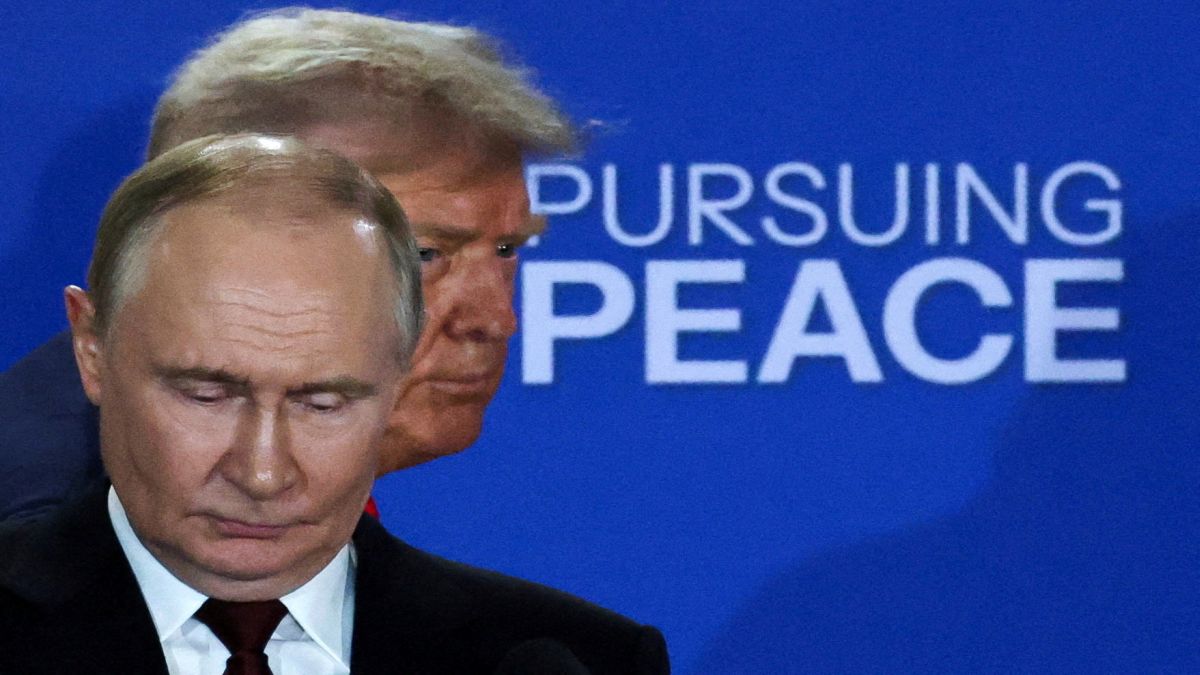)
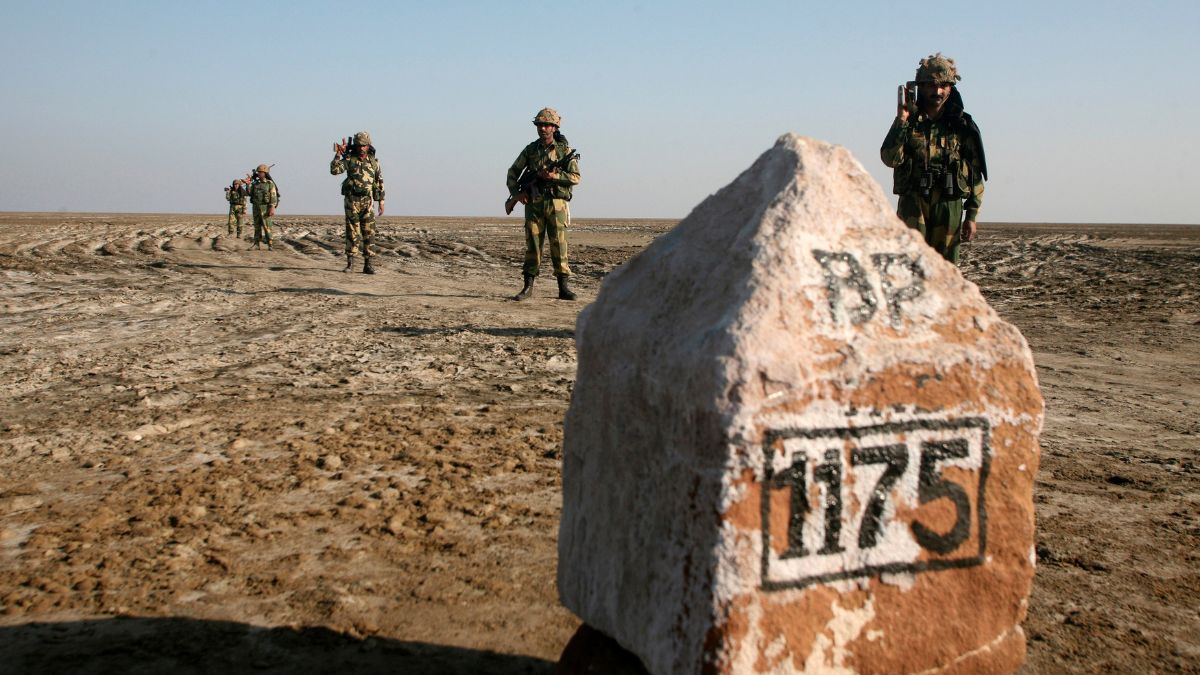)
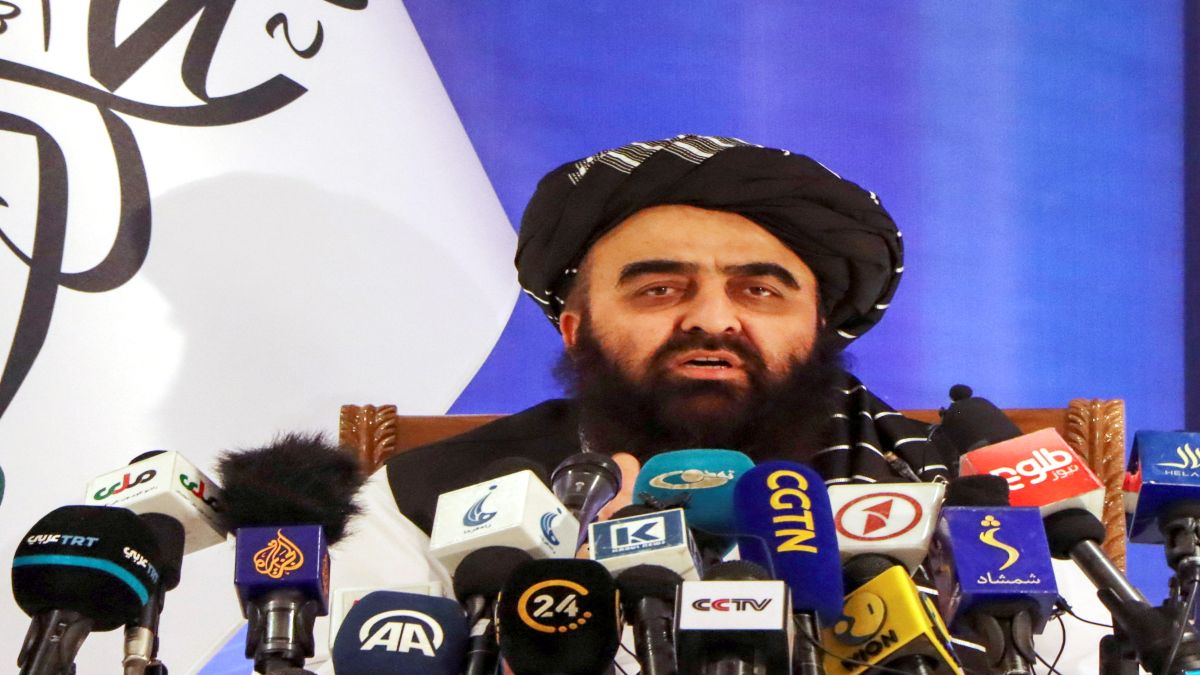)
)
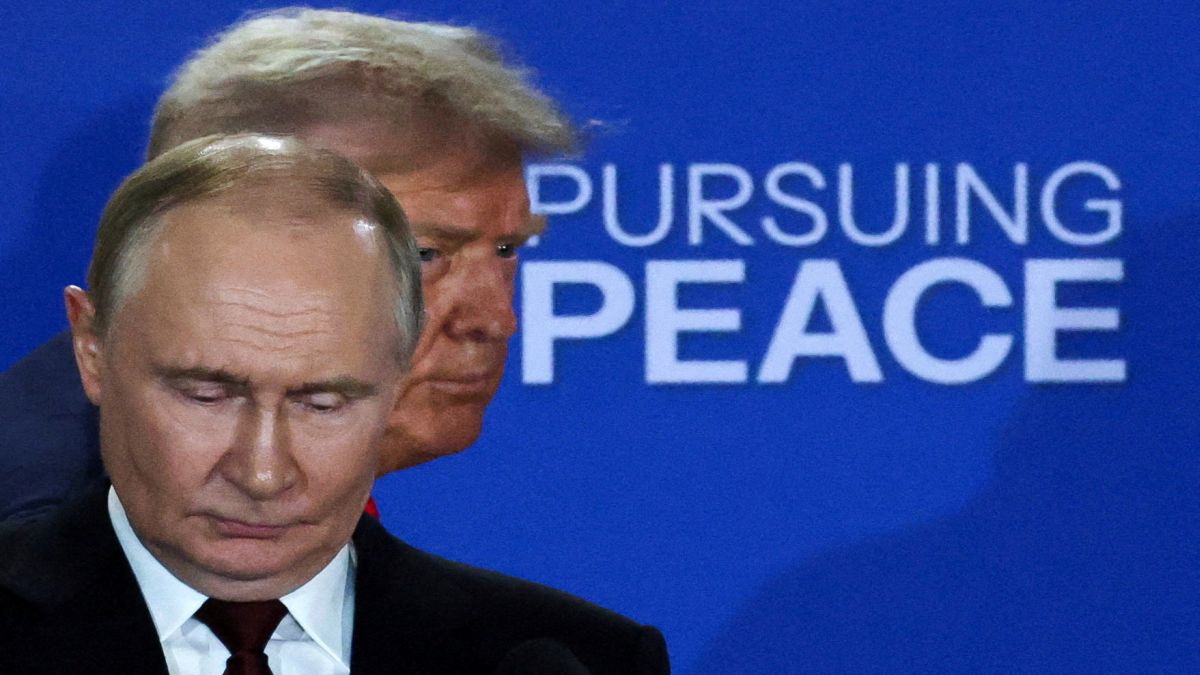)
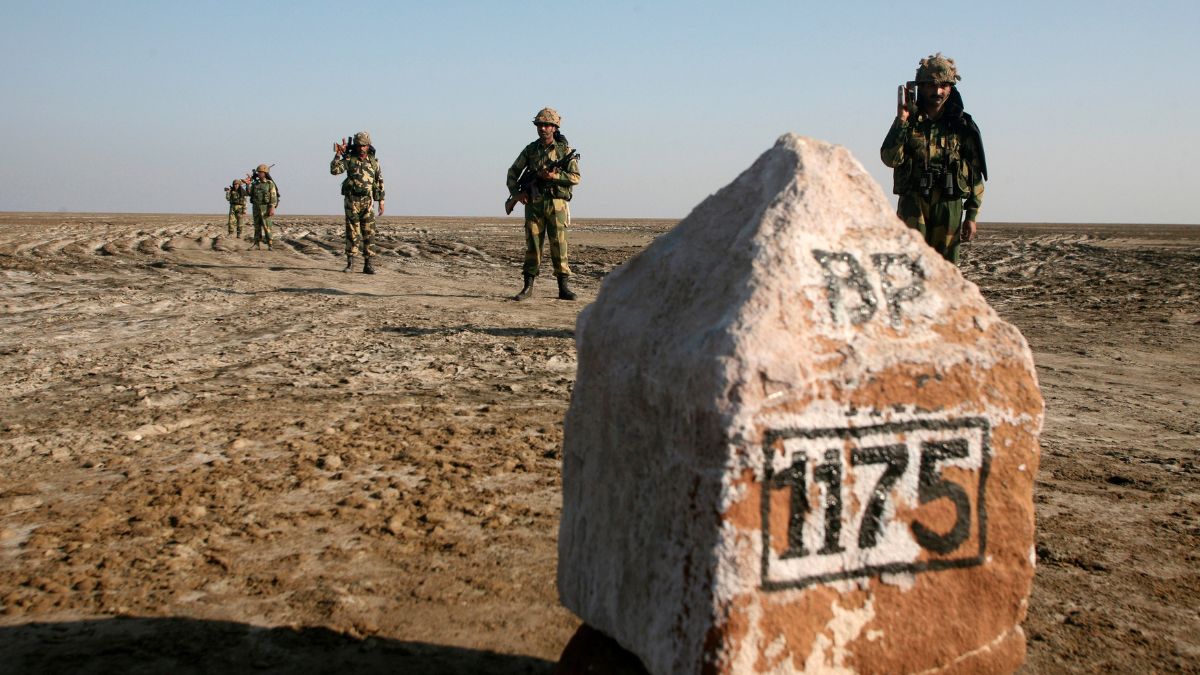)
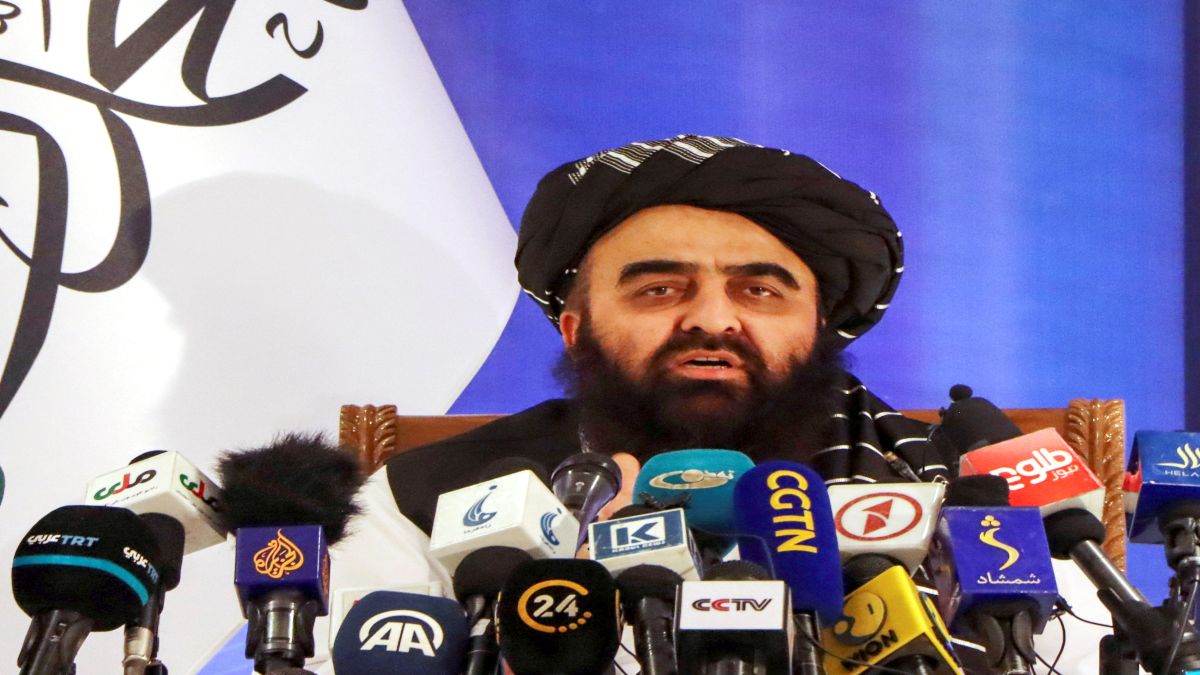)
)



